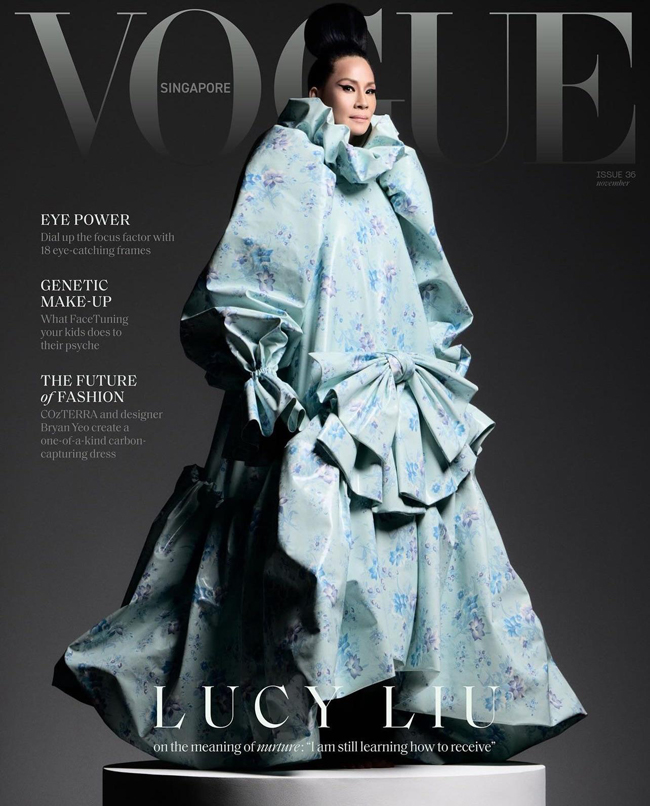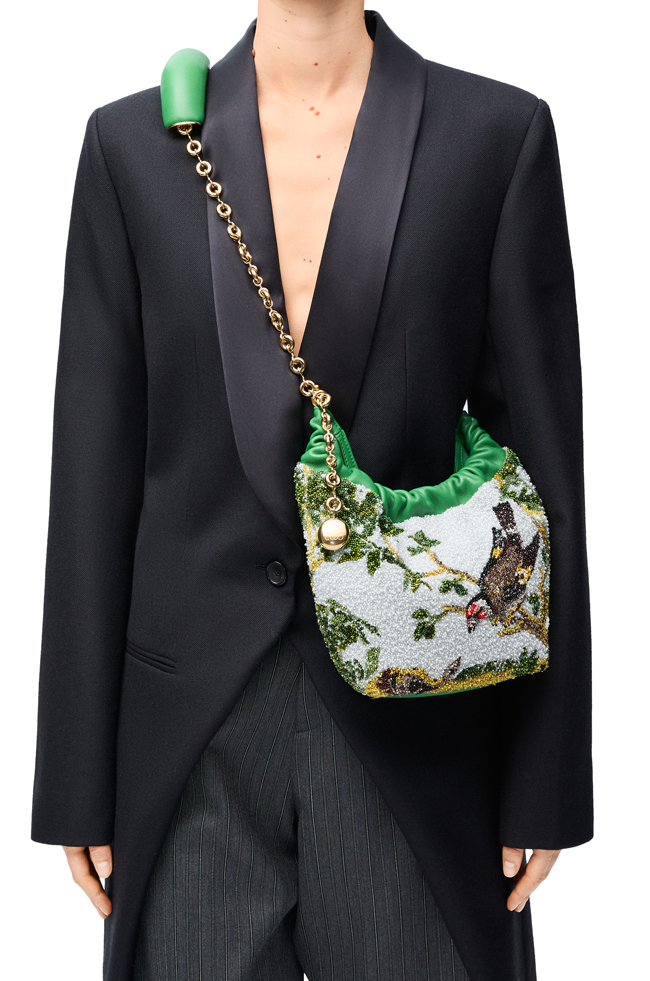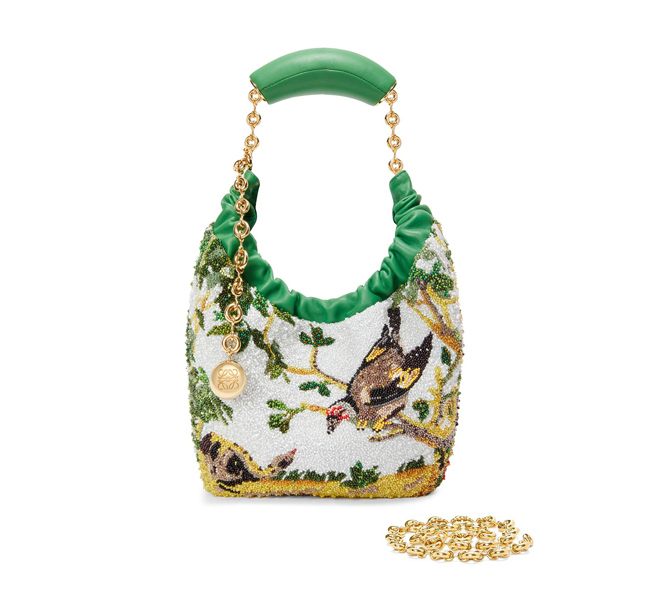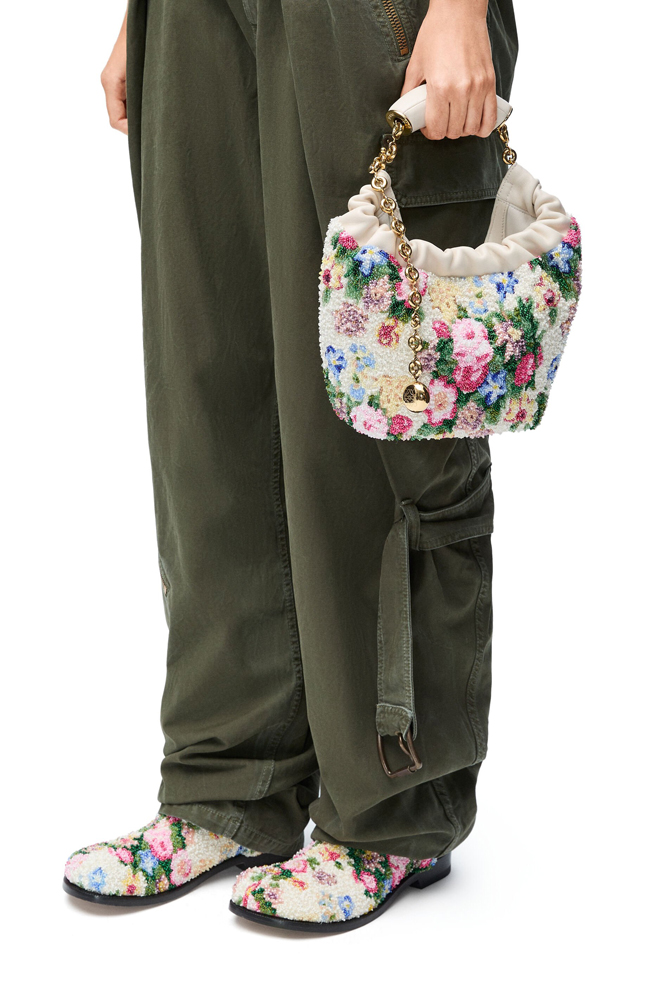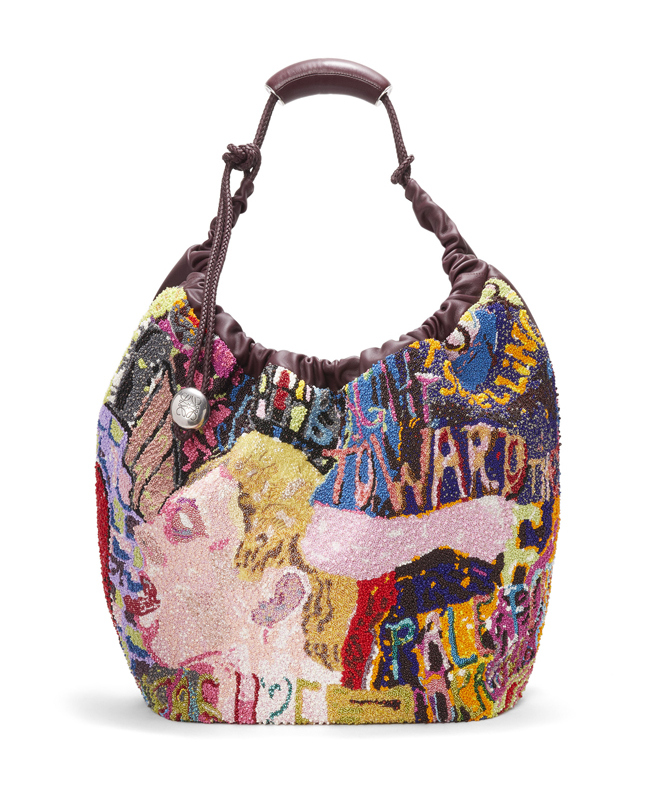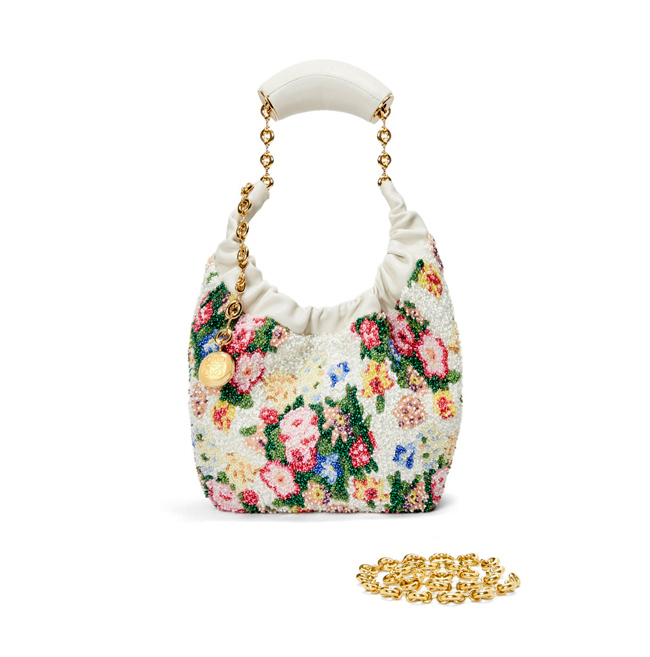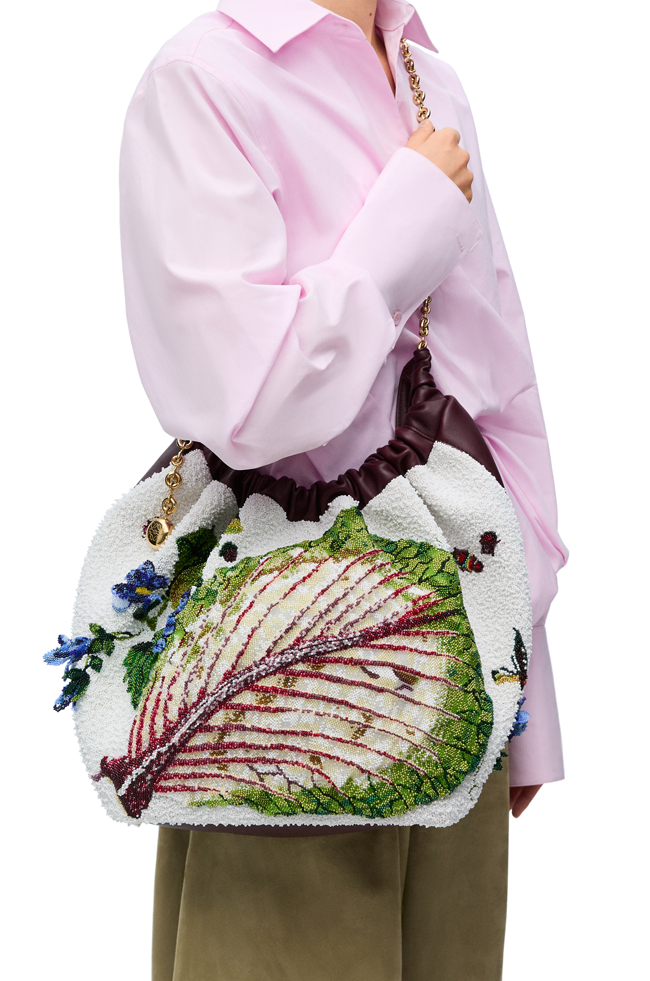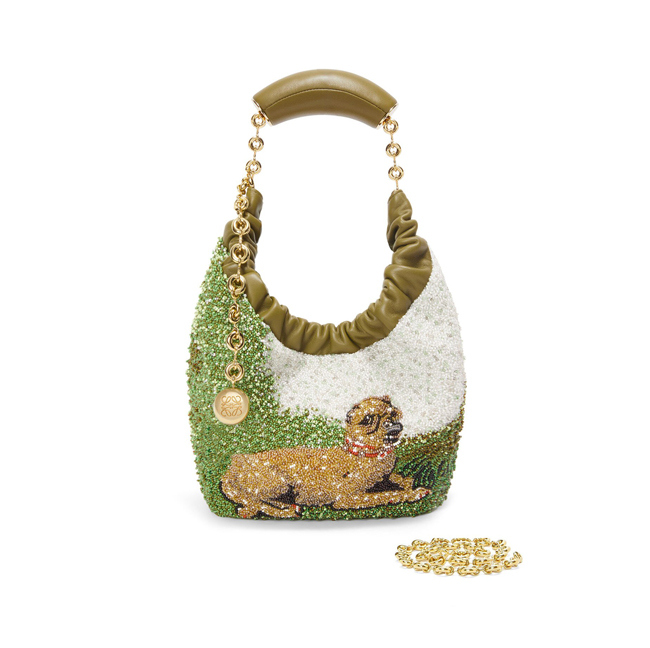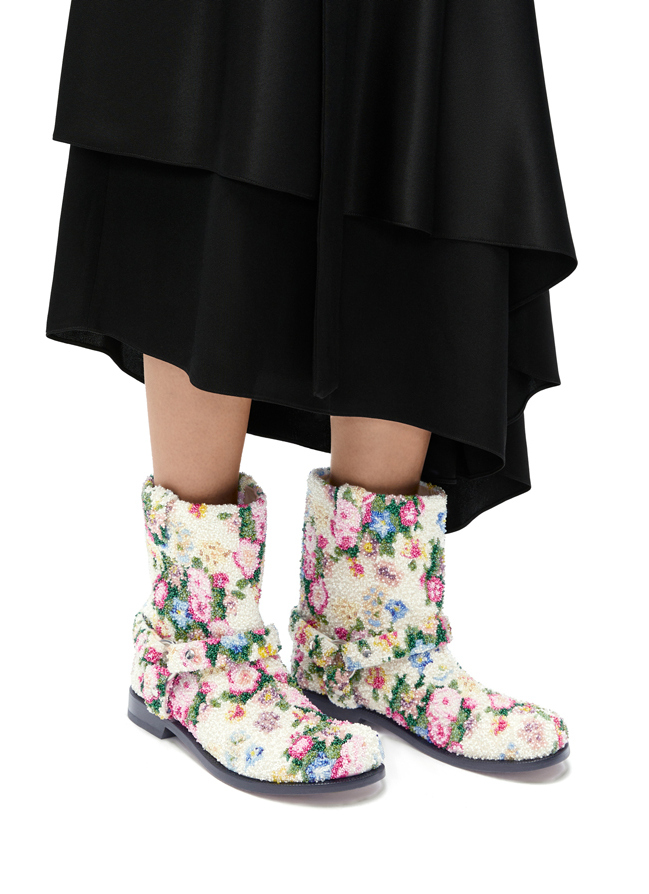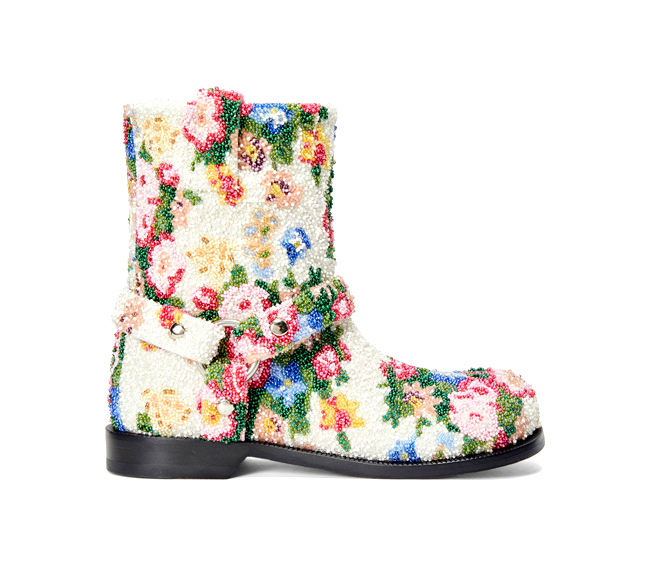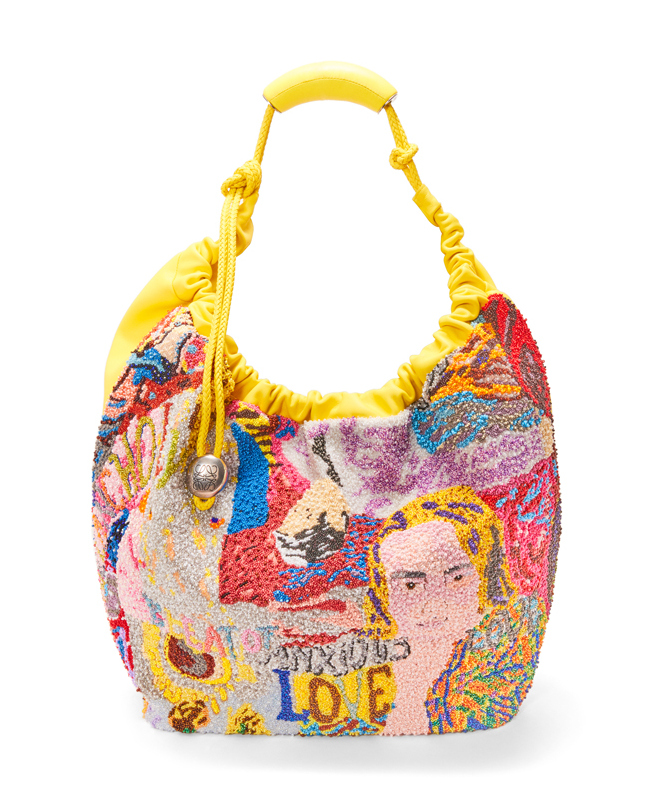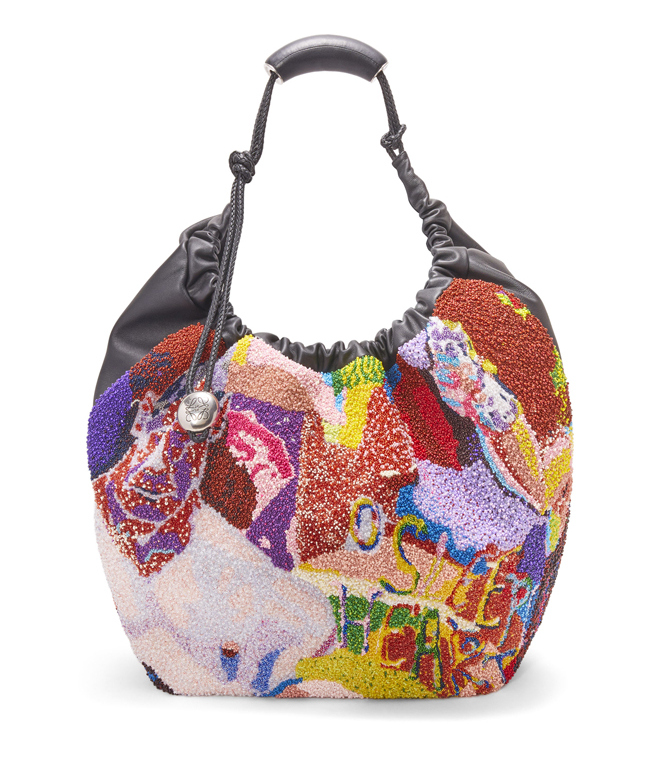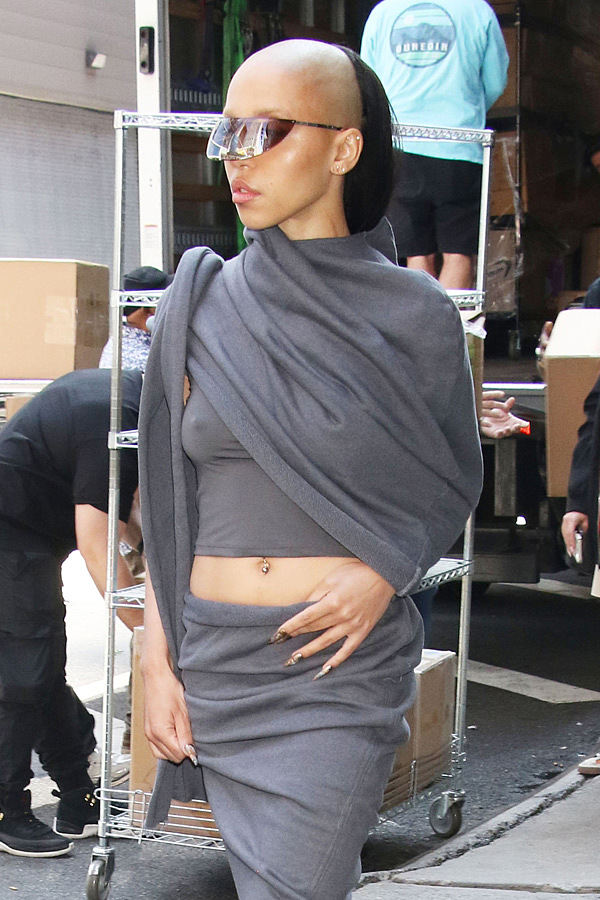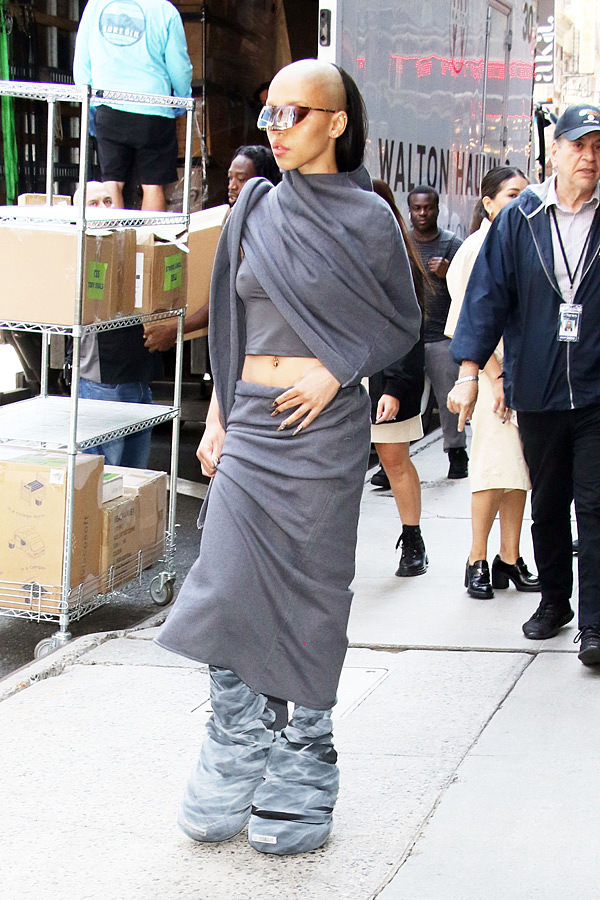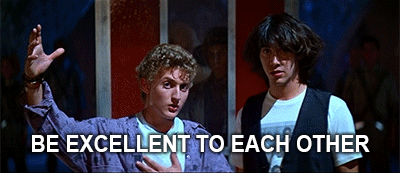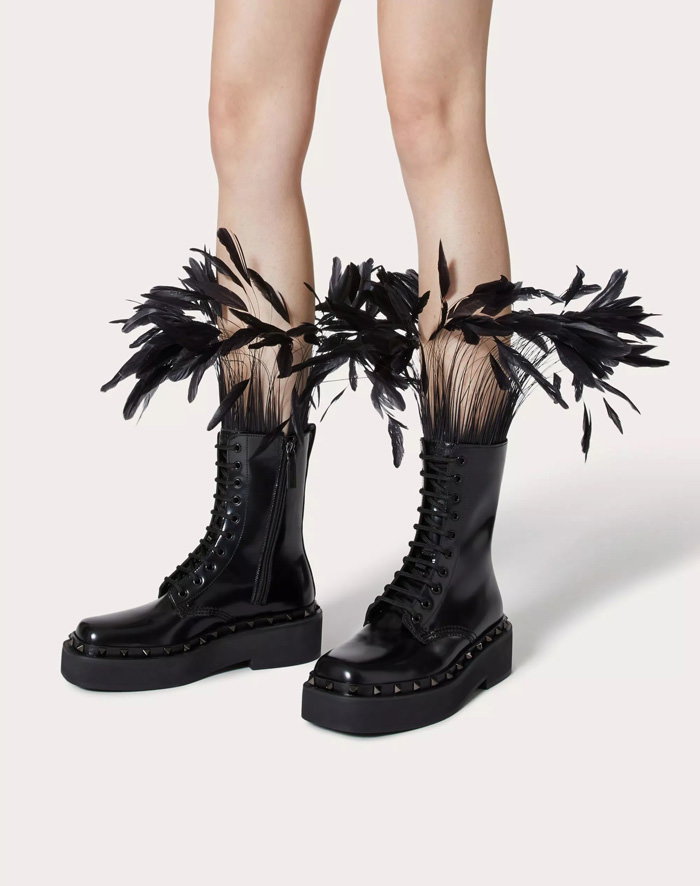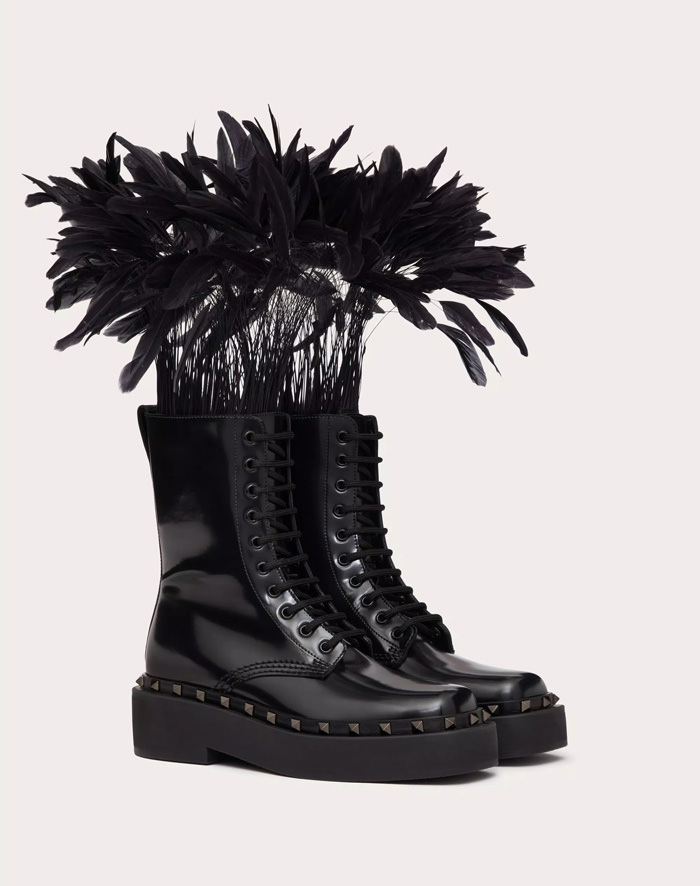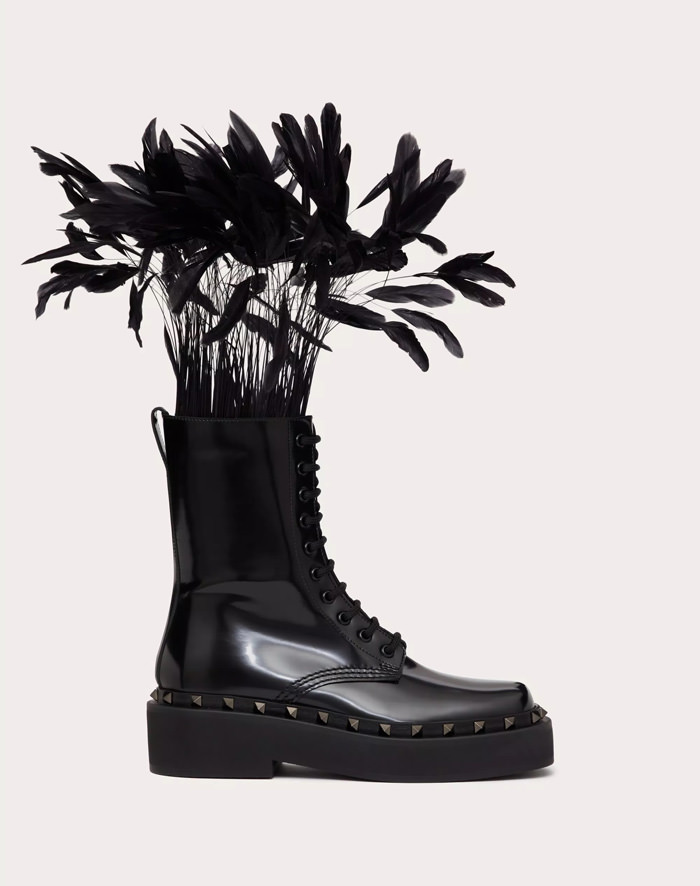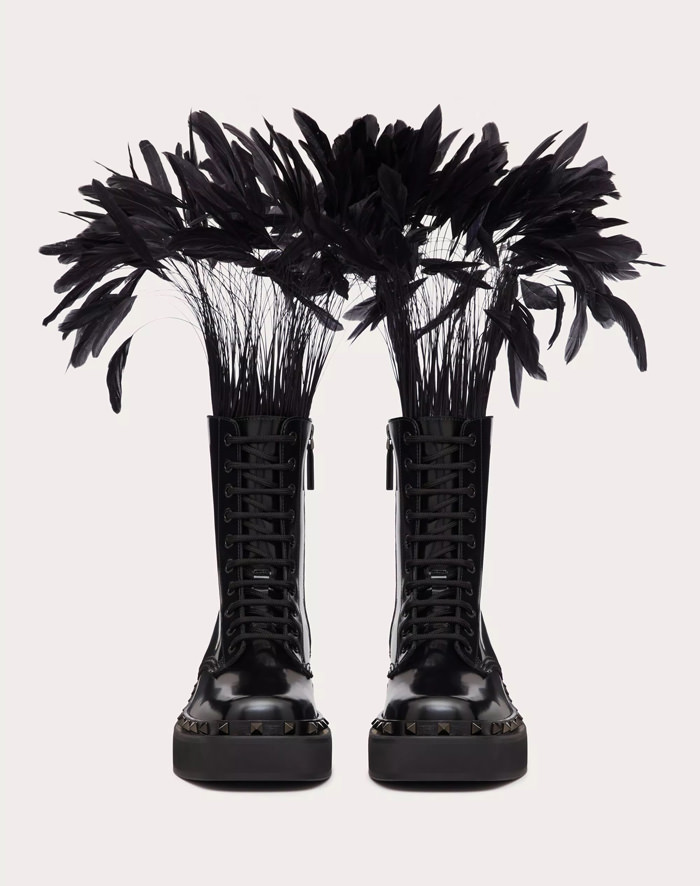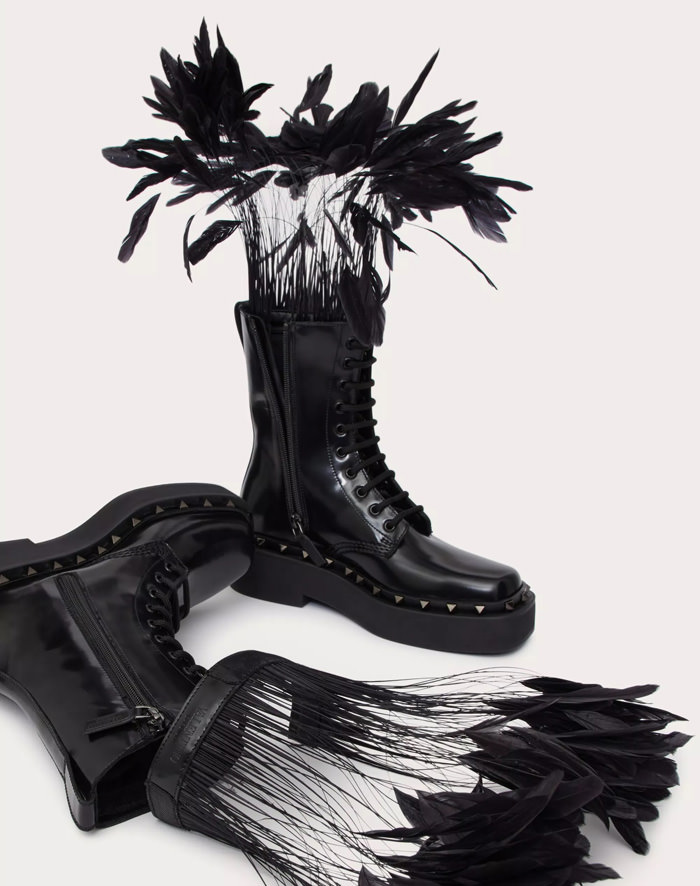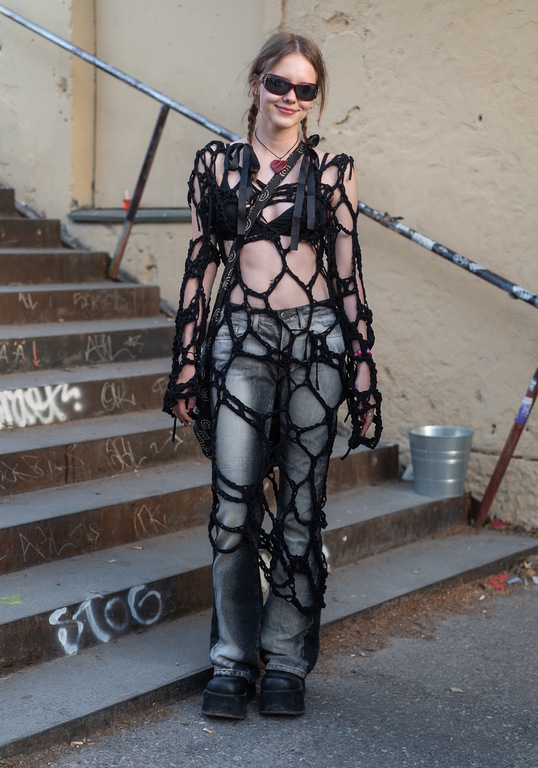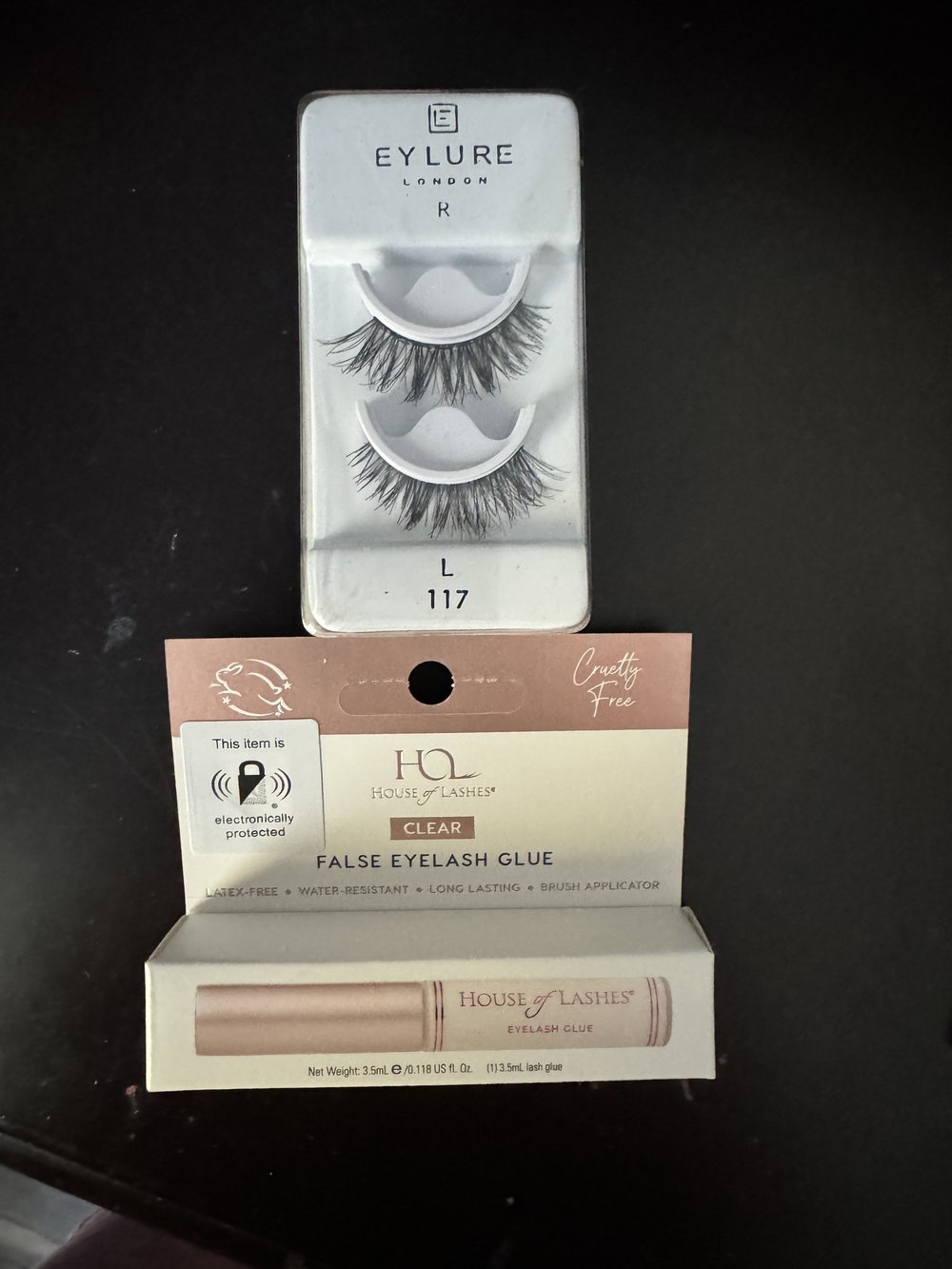This post was written by Alison Green and published on Ask a Manager.
It’s five answers to five questions. Here we go…
1. Employee is demanding Diet Coke as a religious accommodation
My friend is a manager at a public health-focused nonprofit whose mission is focused on building healthier communities by improving access to healthier choices, like walking trails and fresh produce (among other things). They offer some health-related perks to employees — think, subsidized public transit and gym memberships, bike storage at the office, fresh fruit at the office — and also have some policies banning things that are known to lead to poor health outcomes, like smoking. One of the things they have banned is soda, which is not allowed at company events and which the company will not pay for.
They are having a fundraiser in a few weeks where there will be a bar serving beer, wine, several healthy mocktails, and sparkling water. Guests will receive two drink tickets as part of their admission that they can use for whatever they’d like, whether alcoholic or not. It is definitely not an alcohol focused event at all — I have attended their fundraises in the past, and the health focus of the nonprofit’s mission means the majority of the people attending are not big drinkers.
My friend supervises an employee, “Jane,” who does not drink for religious reasons, but who drinks a lot of Diet Coke (she brings several bottles to the office daily). Jane is insisting she should be able to order Diet Coke at the event since she does not drink, and thinks the company should make an exception to their policy to accommodate her religion. As far as my friend is aware, there is not a religious reason why Jane can’t drink any of the other non-alcoholic beverages that will be offered. He does not want to make this kind of exception because of the impression it might give to their potential donors, but is concerned there might be legal repercussions if he says no. What is the best way for him to handle this situation?
There’s no legal requirement to provide Diet Coke as a religious accommodation. They definitely should ensure there are non-alcoholic options there, but they’re already doing that.
If they weren’t a health-focused nonprofit with a policy of not providing soda at their events because of their mission and an employee were asking for it, I’d say to spend the few bucks it would take to make an employee feel taken care of at an event, even if it’s a bit of a silly request. It’s not often you can make someone happy for a couple of dollars, and when you can, you should. But this is a health-oriented organization that explicitly doesn’t serve sodas and has legitimate reason to be concerned about sending mixed messages to donors. Your friend should reiterate the organization’s policy and tell her there will be a variety of non-alcoholic options to choose from.
2. Coworker’s desk is covered with photos of feet
Joan works with me in an office of about 25 people. It is a laid-back advertising and graphic design office, and most people freely talk about non-work related things throughout the day.
When it comes to Joan, aside from her job here, she is also a foot model for advertisements (not fetish stuff). This would be of little concern to me normally, but her work station is plastered in photos of her feet from various publications. She has also occasionally given demonstrations of what are apparently the best ways to pose one’s feet for photographs, and sometimes comments (always positively) about colleagues feet and how they should get into foot modelling too.
We have clients and various external persons come in and out through the office during the day, and they have to pass Joan’s feet-filled work station. Although her coworkers have context on her foot obsession and most don’t seem to mind it, these external parties do not, and I’m worried it could deter them from engaging with us. Am I right to be worried about this?
I don’t think you’re wrong to worry. If I were a client coming into your office and passed a work area plastered in photos of feet … well, I might think “I guess that person works on some sort of foot-related campaign” … but I’d probably be as likely to think “that feels weird and fetishy.” I would definitely not think “oh, the desk of a foot model!”
If you’re Joan’s manager or otherwise have some authority in this situation, you wouldn’t be wrong to explain it looks odd to people without context and ask her to tone down the foot decor.
However, I’m now very interested in knowing the best ways to pose one’s feet for photographs.
3. My remote employee didn’t bother to meet with me when they were in town
I have a remote employee who travels to the city where our company headquarters is and where I am based once a quarter. Occasionally, they come to the city for work-related reasons that are not directly connected to our department. I found out today that this person had been in town for the entire week when they previously told me they had planned to be in the city for two days. They’re supposed to notify me when they are traveling and working outside of their regular work location, so I need to address that from an administrative standpoint.
What I don’t get and what I am really confused about is why this employee doesn’t proactively set up time to meet with me when they are in town?
If I only got to see the person making decisions about my promotions and salary increases four times a year in-person, I would want to take advantage of any opportunity I had to interact with them. I’m not sure if it’s lack of awareness of business norms or disengagement. This person has previously asked me about the path to promotion, so it’s hard for me to imagine they’ve totally checked out. It just seems rude to come to the city and not ask your boss if they have time to meet for coffee. Do you have any advice for me?
Ask them to start setting up time to meet with you when they’re in town.
I see where you’re coming from with being surprised that they’re not doing this on their own, but a lot of people wouldn’t think to do it. They figure you’re busy, or they figure they talk to you all the time anyway, or they just haven’t been exposed to the stuff that says “take opportunities to form a face-to-face relationship with your boss.” It’s so common that you shouldn’t read much into it or consider it rude. Just let them know that you’d like them to do it going forward, if in fact you would.
It’s also useful to keep in mind that there’s a difference between “X is smart to do for your career” and “it’s a problem if someone doesn’t do X.”
4. When your boss asks if you’re looking for another job
A while back, some of my coworkers gave notice within a week of each other (totally unplanned on their part), which prompted my manager to ask some of the remaining team members, “Are you looking for another job, too?”
I’m assuming the answer to that question is almost always “no, I’m not,” but is there ever a situation where you could say, “Well, yes, because XYZ”?
It’s almost never in your interest to give your manager a heads-up that you’re job searching before you’re ready to give notice. You could end up pushed out before you’re ready to leave, on a list for layoffs “because you’re on your way out anyway,” or sidelined from projects that could help your career because your manager figures you could be gone any day.
And you’re certainly not obligated to disclose that you’re job searching just because your manager asks. That’s not a question they’re entitled to an honest answer to, given the power dynamics and the fact that your ability to pay for food and housing probably depends on keeping your job until you’re ready to leave it.
5. Applying to a company where I previously withdrew from a hiring process
I applied for a job in an adjacent industry (think the vendors that service my current industry) last year when I was feeling unfulfilled. I didn’t hear back right away and kept job searching. I was eventually offered a position somewhere else. I rejected it because we couldn’t come to terms on salary and remote work, and my company ultimately offered me more money with a verbal promise of a title bump at the end of the fiscal year.
While this was all happening, I got and accepted a first interview with the vendor company. I was invited to the second round, but I withdrew upon getting the counteroffer from my current job. I felt like I’d burn way too many bridges to leave (and I’d have to give up a volunteer role in my industry). When I withdrew, I apologized and cited seeing my commitments through the fiscal year (a teammate had also left and so my area would’ve been short-staffed). The hiring manager expressed her understanding.
It’s been over a year and I’m honestly still a bit unsatisfied — I know that’s the danger of counter offers! My company never gave me a title bump even though I took on more work. I saw peers get promoted as well. I’m still well connected with folks at the vendor company and a friend there nudged me that they’re hiring again. I’m still interested and want to apply.
But how do I professionally mention why I withdrew? And when do I mention it? It’s the elephant in the room, and I’d ask if I were the hiring manager. Is it worth spending a few sentences in my cover letter talking about it? Do I wait for the first interview (if I get one?)
It’s not a big deal to have withdrawn from their hiring process last year, especially since you explained why and especially after only one interview. (If you had gone through multiple interviews, received an offer, and then spent a week agonizing before giving them an answer … well, you could still reapply now, but you’d need to be more prepared to speak to what had changed.)
Just mention it right up-front in your cover letter: “I had an initial interview with you about a similar role last year, but ended up withdrawing from your hiring process when I realized I wanted to see out some commitments here. I’m still very interested, and the timing is much better for me to make a move. I liked what I learned last time about your work with X and Y, and I’d love to talk about your ___ opening.”
You should also send a note to the hiring manager since you’d talked with her directly before, refreshing her memory about your previous conversation(s) and mentioning that you’re applying again now.
